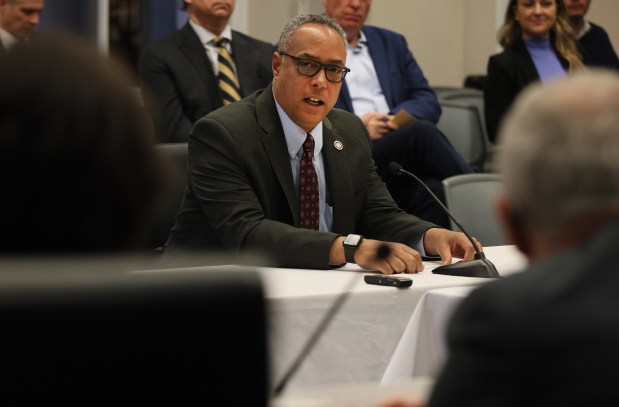Massachusetts has set a precedent as the first state to offer pardons for individuals charged with simple marijuana possession, following President Joe Biden’s similar action two years prior.
Under Governor Maura Healey’s pioneering initiative, a comprehensive pardon for simple marijuana possession received unanimous endorsement from the Governor’s Council last Wednesday. Despite their support, council members debated whether the measure sufficiently addresses the concerns of the numerous individuals affected by the state’s outdated marijuana legislation.
This expansive pardon initiative, as detailed in Healey’s proposal to the council, extends to “all adult individuals convicted of misdemeanor marijuana possession up to the date of this correspondence.”
Lieutenant Governor Kim Driscoll, who presides over the Governor’s Council, noted that the council’s affirmative vote instantaneously absolves anyone charged with such misdemeanors prior to March 13 of this year.
“Remarkably, no further action is necessary on their part to receive this pardon, which becomes effective upon the council’s decision,” Driscoll shared with the media following the approval.
Individuals currently impacted by these misdemeanor charges can request a state-issued pardon certificate, though it is not mandatory. Over the upcoming weeks, their judicial records will be amended in the state’s court system to reflect their charges as “pardoned.”
The process of modifying the records for an estimated 70,000 to 100,000 residents with past marijuana offenses is expected to span several months, as communicated to the Governor’s Council by the state’s trial court, which also signaled its readiness to start updating records without commenting on the pardon initiative.
The continuation of these arrests on individuals’ records was the primary concern of the Governor’s Council, sparking discussions on whether expungement would be more appropriate than a simple pardon.
“This pardon merely adds a notation to their record, without removing the conviction,” Councilor Terrence Kennedy observed. “This means that, even if pardoned, the conviction for marijuana possession will still appear in their records, visible to potential employers or others.”
Kennedy inquired of Suffolk County District Attorney Kevin Hayden whether pursuing expungement might be a preferable option.
Hayden acknowledged the validity of Kennedy’s point, suggesting it as a topic for future discussion.
Kennedy also highlighted the need for increased awareness among those whose convictions have been pardoned.
“Many individuals with marijuana convictions are unaware of the discussions happening here today,” he pointed out.
Hayden affirmed the pardon’s endorsement by the state’s District Attorneys, clarifying it would only cover simple possession charges and not other related offenses.
The ACLU of Massachusetts praised the council’s decision as transformative, underscoring its significant impact, particularly on communities of color historically overrepresented in marijuana-related arrests.
“This swift approval by the Governor’s Council is commendable, granting countless individuals across the state, especially those from Black and Brown communities, relief from penalties associated with actions that are no longer illegal. This decision paves the way for tens of thousands in Massachusetts towards greater opportunities in housing, employment, education, and more,” expressed Carol Rose, the ACLU of Massachusetts’s executive director.
Massachusetts currently permits the possession of one ounce of cannabis and up to five grams of concentrate outside one’s residence, including edible products. Additionally, adults are allowed to cultivate up to six marijuana plants at home.
To date, 24 states, including Massachusetts, have legalized recreational marijuana, with 39 states plus the District of Columbia endorsing medical use, a category also encompassing Massachusetts. Polls indicate that 17% of Americans actively use marijuana, with half of the population acknowledging having tried it at some point.
In 2022, Biden granted pardons for federal marijuana possession violations, aiming to fulfill his commitment to ensuring equitable justice.









